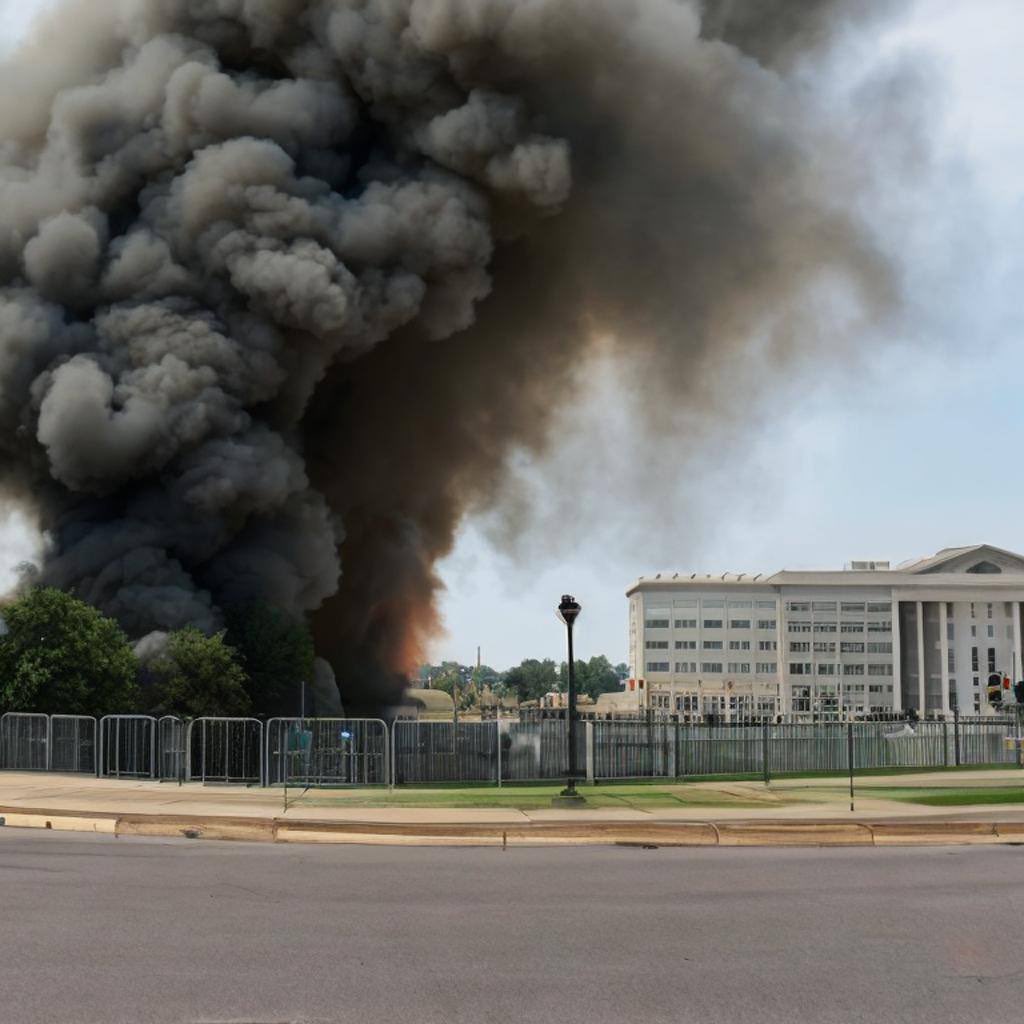An Alarming Circulation
An AI-generated image depicting an explosion near a building in the Pentagon complex has caused alarm as it rapidly circulated on social media platforms. This incident once again highlights the growing concerns surrounding the dissemination of misinformation through AI technology.
Fake Image Confirmed
The image, showing a tall, dark gray plume of smoke, quickly gained traction on Twitter, including shares from verified accounts, though its origin remains unclear. The US Department of Defense has confirmed that the image is a fake, yet its widespread distribution reportedly caused a brief dip in the stock market, according to CNN.
No Threat to Public
Arlington’s fire department, located outside Washington, acknowledged the social media reports about the explosion but reassured the public that there was no actual threat.
An Apology and a Warning
Among the verified accounts sharing the image was OSINTdefender, a Twitter page with over 336,000 followers that focuses on news related to international military conflicts. The owner of the page apologized for spreading misinformation and emphasized how easily such images can manipulate the information space, highlighting the potential dangers they pose in the future.
Rise of AI-Generated Images
This AI-generated image is just one of many that have recently gone viral. Examples include an image of the pope wearing a trendy white long puffer coat and a black and white photorealistic image that received a prize from the Sony World Photography Awards. The German artist behind the award-winning image submitted it as a test to determine if competitions were prepared to accept AI-generated entries, ultimately rejecting the award.
Verification Challenges and Concerns
This incident also sheds light on the verification challenges faced by Twitter, particularly since the introduction of its subscription service, Twitter Blue. Previously, the platform awarded blue check badges to verified users. However, with the new Twitter Blue program, individuals can now obtain a blue check mark for a monthly fee of $8. Concerns have arisen regarding the potential for accounts to impersonate public figures, government officials, and news sites since this change.




